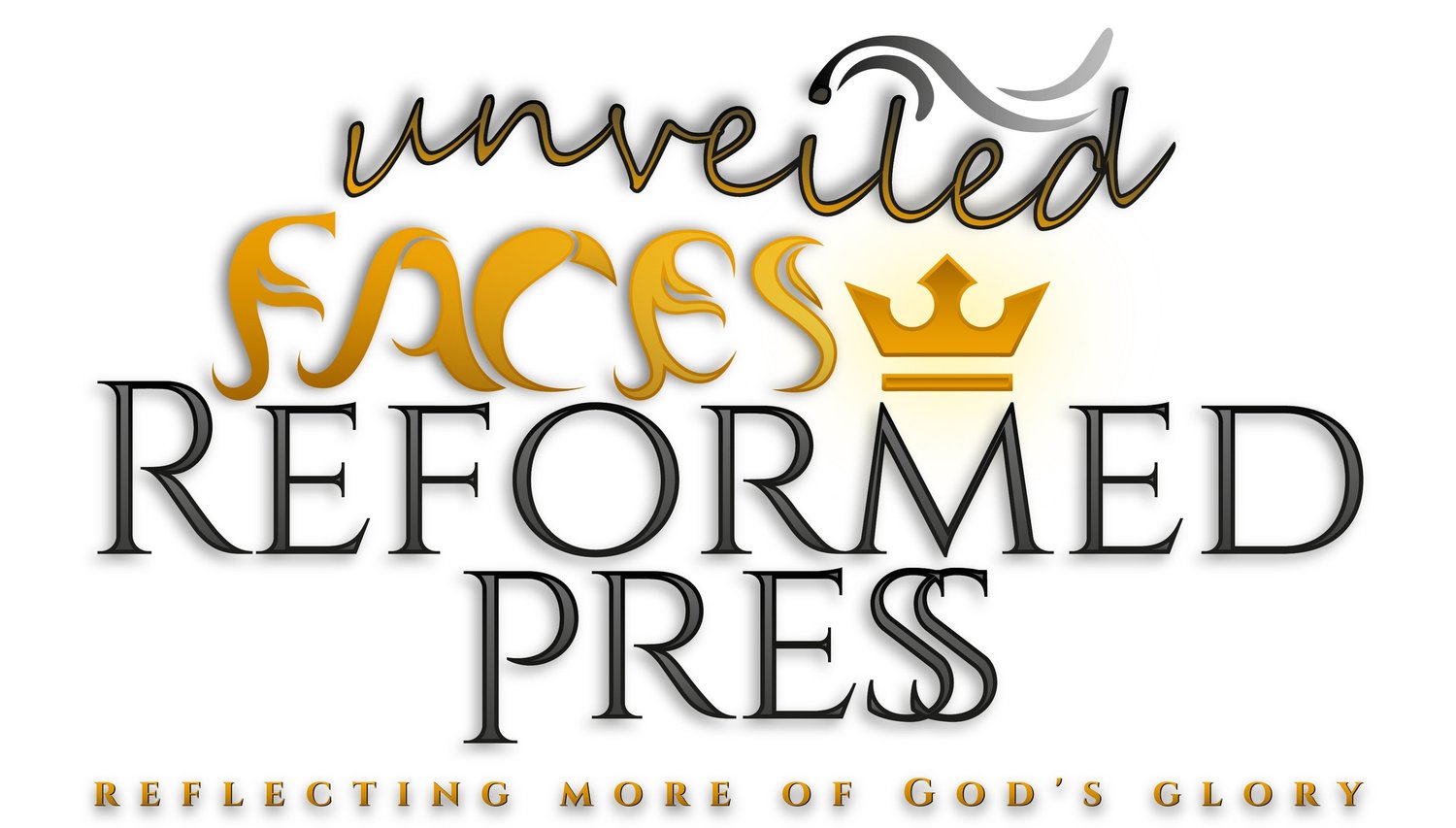more research on Westminster Larger Catechism yields perspectives
After five more years of research (2017-2022) on how those united to Christ reflect God’s attributes, I realized that the first Foundations edition inadequately represented the integrative approach of the Westminster Standards. I only retain about one-fourth of the 2017 edition in this edition and add about three-fourths of new material. I added the word Westminster to the title to show that its themes are discovered in the integrating structures of the Westminster Standards. The new 2024 book is Westminster Foundations: God’s Glory as an Integrating Perspective on Reformed Theology.
First, the initial eight attributes chosen, the octo-perspectival approach of the first edition, failed to harmonize the complete list of about twenty-seven attributes in WCF 2:1. If God is indeed to “be my vision,” then the more luxuriant list of his attributes needed to be part of the “foundations.”
Second, Chapter 7 in the first edition alerted me to a need for more explanatory coherence to harmonize those eight initial attributes with the moral law. Some attributes fit nicely with a specific commandment in the moral law, but others did not. Since WLC’s perspective on the duties of the Christian life uses the moral law as the organizing framework, this revised edition creates ten logical attribute names to represent each commandment. Within the WCF 2:1 attributes list, this deca-perspectival, or decalogical perspective, is added as a subset of God’s righteousness.
Third, the first edition attempted to show that all eight attributes revealed God’s blessed and cursed faces to those in and outside of the covenant, respectively. But this failed to account for the “faces” already present in the WCF 2:1 list of attributes, such as God's “love, grace, and mercy” compared to his “justice, sin-hating-condemnation.”
As in the first edition, I pursue the goal of memorable transferability in teaching those who represent the vision of God to others in assemblies of two or more gathered in his name, those who are evangelists, missionaries, seminary teachers, pastors, disciplers, biblical counselors, married couples, parents, and Christians working in the marketplaces of the world. To that end, I replaced the omni-attribute prefixes with supremely (or supra) and adapted WCF 2:1 attribute names to show their positive meaning rather than negation (from “immutable” to “consistent”).
I identify six structural patterns in the Westminster Standards used to integrate systematic and practical theology. This book is the content of a graduate-level integrative seminary class I teach called Reformed Faith & Life. It was also adapted for a church membership class I taught to youth, demonstrating its scalability for various discipleship needs. May these Westminster Standards perspectives reveal the “foundations” of Reformed theology. May the Lord bring lex Christi “Joy to the World” through you!
Tim Yates
Taipei, Taiwan, March 15, 2024
orientation to meta-applications
The Reformed publishing market has many wonderful books and resources for both our doctrinal foundations (systematic and biblical theology) and our life applications (biblical counseling, marketplace ministry, family life, church, personal spirituality). Yet few books are trying to present the big picture of the doctrinal foundations connected with the meta-application contexts of the Christian life. The publishing market has tended to separate the doctrinal treatises from the practical story-telling Christian life books. Unveiled Faces Reformed Press is committed to a publishing revolution that seeks to integrate the doctrine of God's attributes with all the other categories of doctrine and Christian life practice. We start with expansive categories for the attributes of God, show how they are perfectly reflected in Christ's human nature, imputed in justification, imparted in sanctification and perfected in glorification. Likeness to Christ also has offices (prophet, priest, king) realms (earthly and heavenly) and places (assembly, creation and diaspora). After these meta-categories are established, we can get specific with the variety of our various gifts and callings, examples and stories. As a result, we will discover irreducible complexities of Christian maturity that reflect the complexity of all God's attributes.


